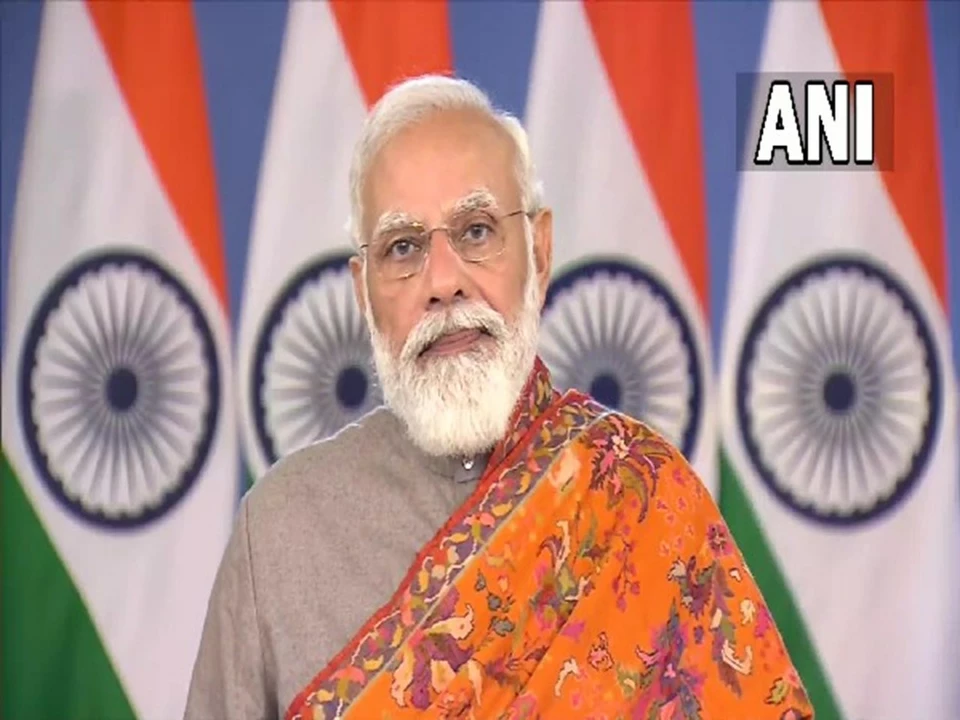Narendra Modi: Why People Trust (or Question) Him
When you hear the name Narendra Modi, the first thing that pops up is his long stint as India’s prime minister. Some folks swear by his vision, others raise eyebrows. Either way, the conversation around his trust factor is huge, and it’s worth breaking down what drives it.
Why People Trust Modi
First off, Modi’s image as a self‑made leader appeals to a lot of Indians. He rose from a tea‑seller’s son in Gujarat to the top of the political ladder, which feels like a real‑life success story. That narrative resonates, especially with young voters who want to see someone who’s “been there.”
Second, his focus on big‑ticket projects – like the push for Digital India, the Swachh Bharat cleanliness drive, and the ambitious Make in India campaign – gives a sense of forward momentum. When you see highways being built or new startups popping up, it feels like progress, and progress fuels trust.
Third, Modi’s communication style is direct. He uses social media, televised speeches, and even earthy language that makes him sound like a neighbor rather than a distant politician. That personal touch makes people feel heard, even if they don’t agree with every policy.
Points of Controversy
On the flip side, critics point to a few red flags. Policies like the controversial Citizenship Amendment Act sparked protests, leading many to wonder about the balance between security and inclusion. The handling of the COVID‑19 second wave also drew heavy criticism for perceived slow response and lack of transparency.
Another sticking point is the perception of media control. Some argue that the government exerts pressure on news outlets, which can skew public perception. When you can’t trust the information flow, confidence in the leader can wobble.
Economic concerns also play a role. While the GDP grew for several years under Modi, recent slowdowns and rising unemployment have left a segment of voters uneasy. When jobs feel scarce, it’s natural to question the leader’s economic plan.
All these factors together create a mixed picture. Trust isn’t a single button you can flip; it’s built on achievements, communication, and how well a leader addresses setbacks.
So, what can you take away? If you’re trying to gauge public sentiment, look at the balance between the optimism around development projects and the skepticism tied to social policies. That balance often decides whether a voter leans toward trust or doubt.
In everyday conversation, you’ll hear both praise and criticism. The key is to listen to real stories – a farmer who got a new irrigation system, a student who landed a tech job, a family upset by policy changes. Those lived experiences shape the broader trust narrative around Narendra Modi.
Bottom line: Modi’s trust factor is a mosaic of success stories, communication wins, policy debates, and economic challenges. Understanding each piece helps you see why the name Narendra Modi sparks such strong reactions across India.

In a surprising turn of events, PM Narendra Modi has announced that the Indian government will be repealing the three controversial farm laws. These laws have sparked widespread protests and unrest among farmers, who claim that they are being exploited and their livelihoods are at risk. This decision comes after months of intense negotiations and shows that the government is finally willing to listen to the concerns of the farming community. As a blogger, I am relieved to see this progress being made and hope that it will pave the way for a more equitable agricultural system in India. It's essential for the government and farmers to work together in order to ensure a sustainable and prosperous future for all.
Read More